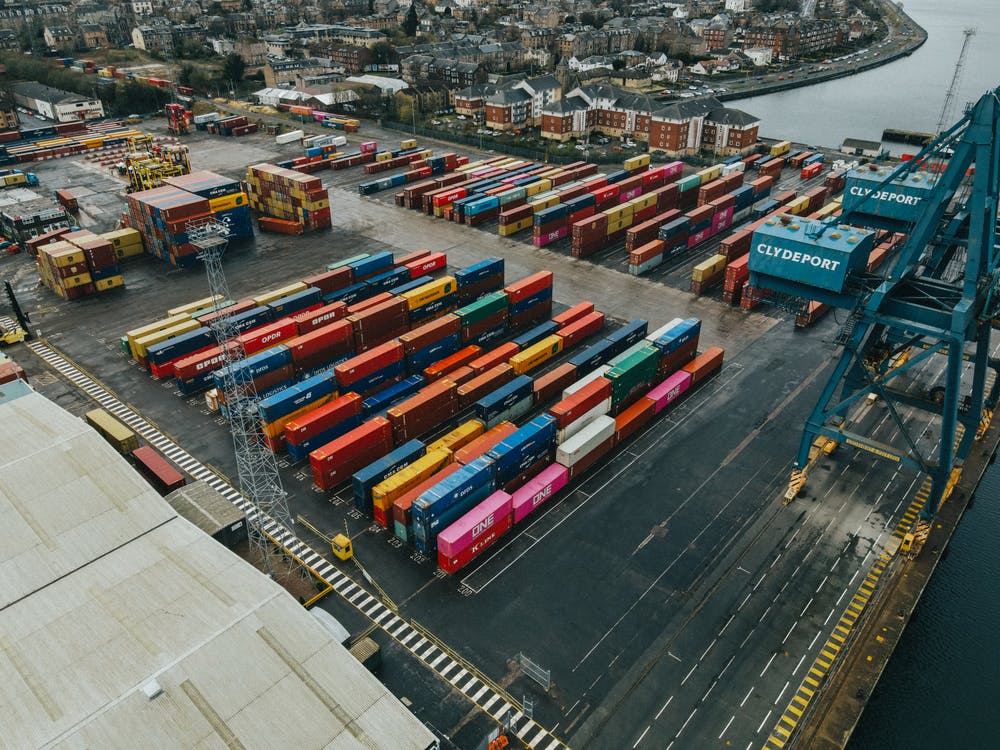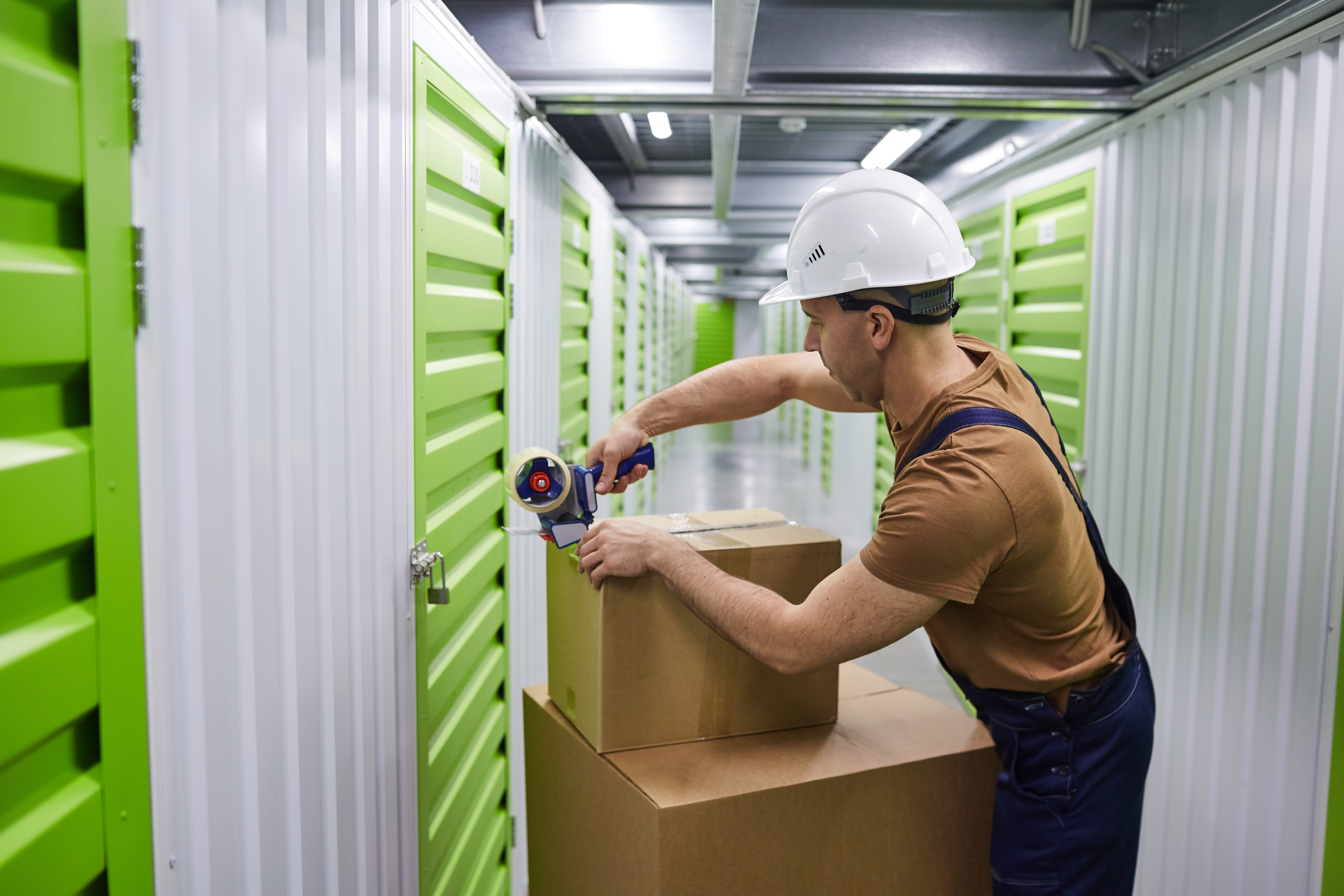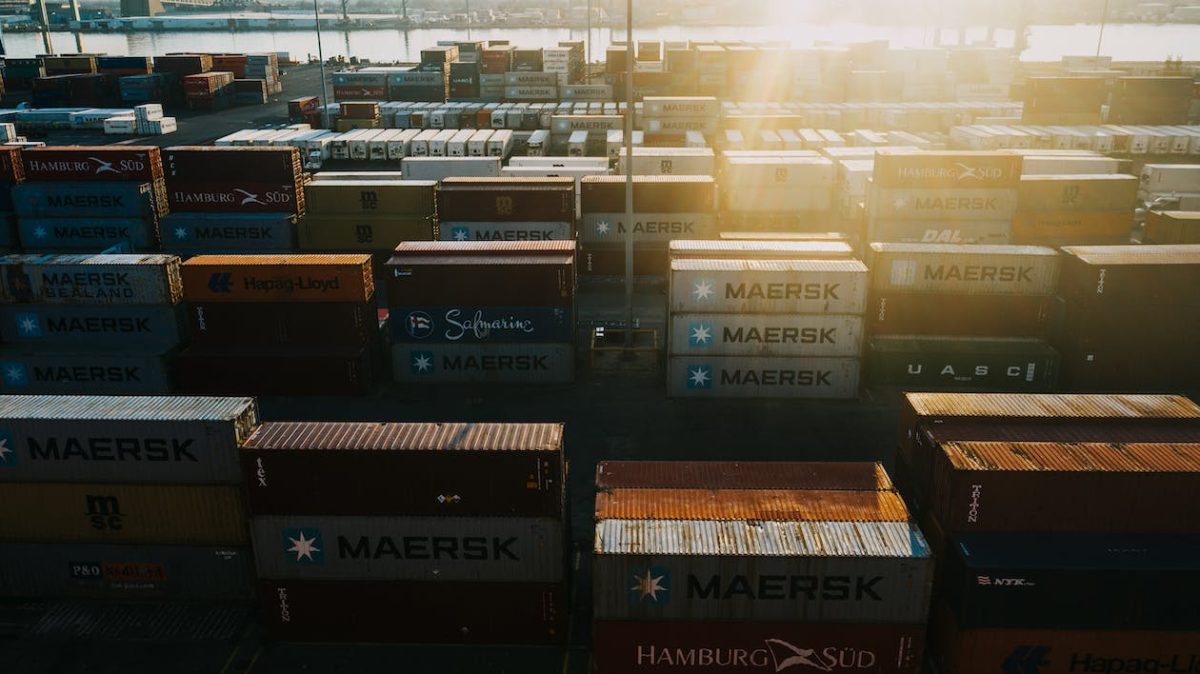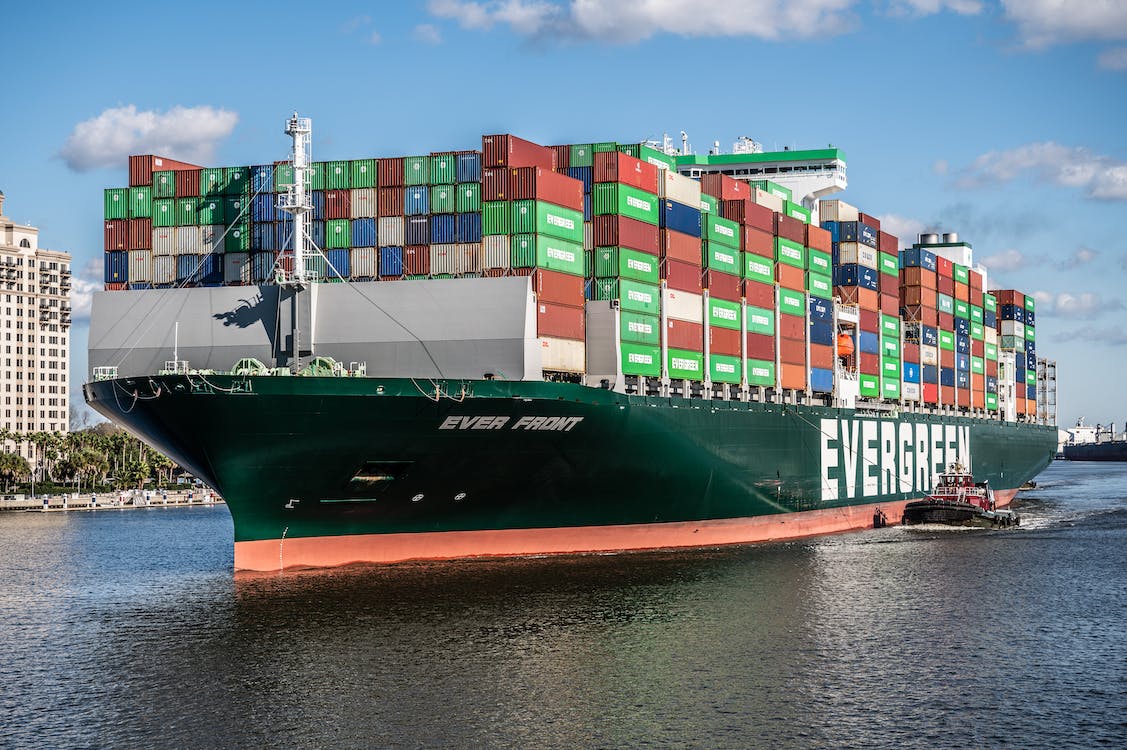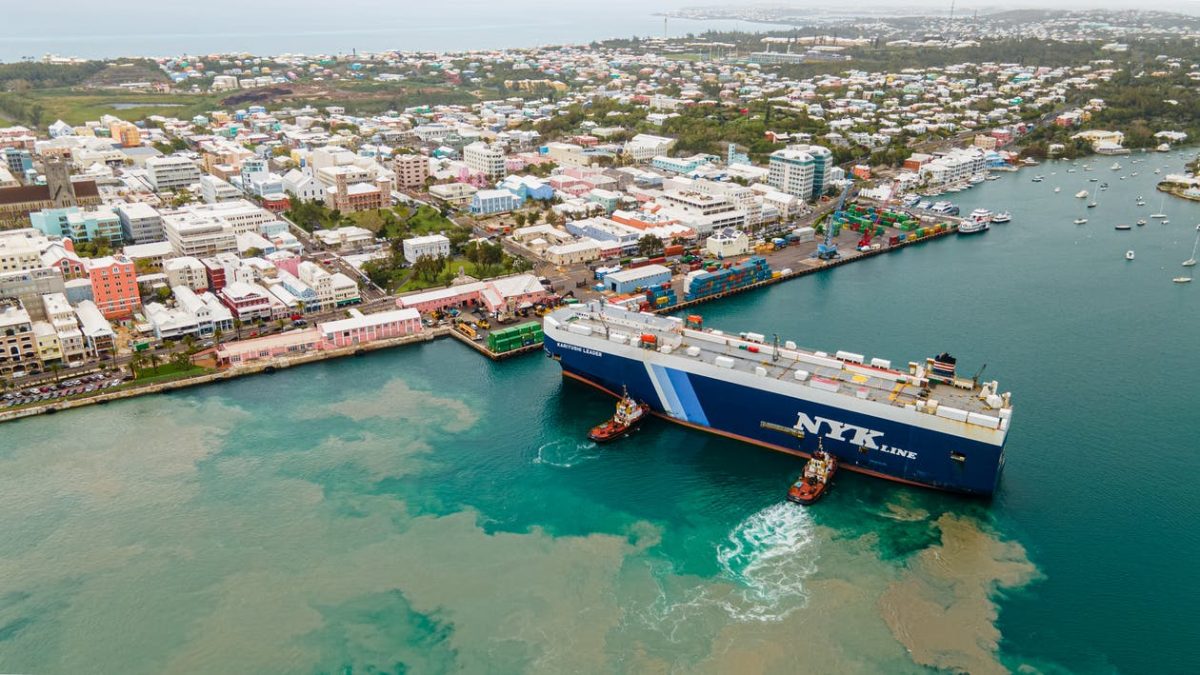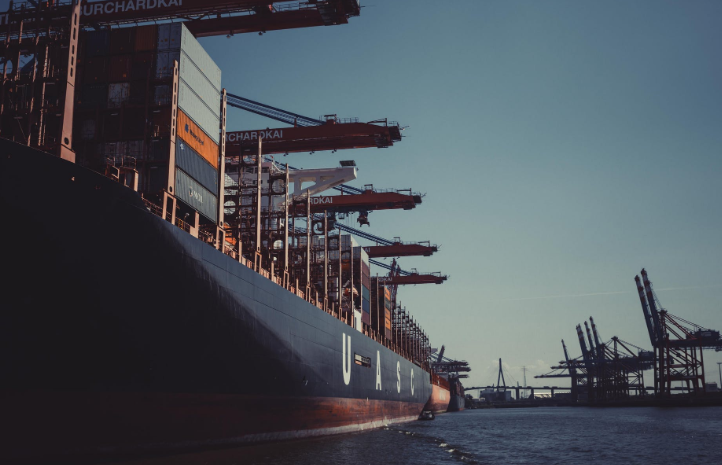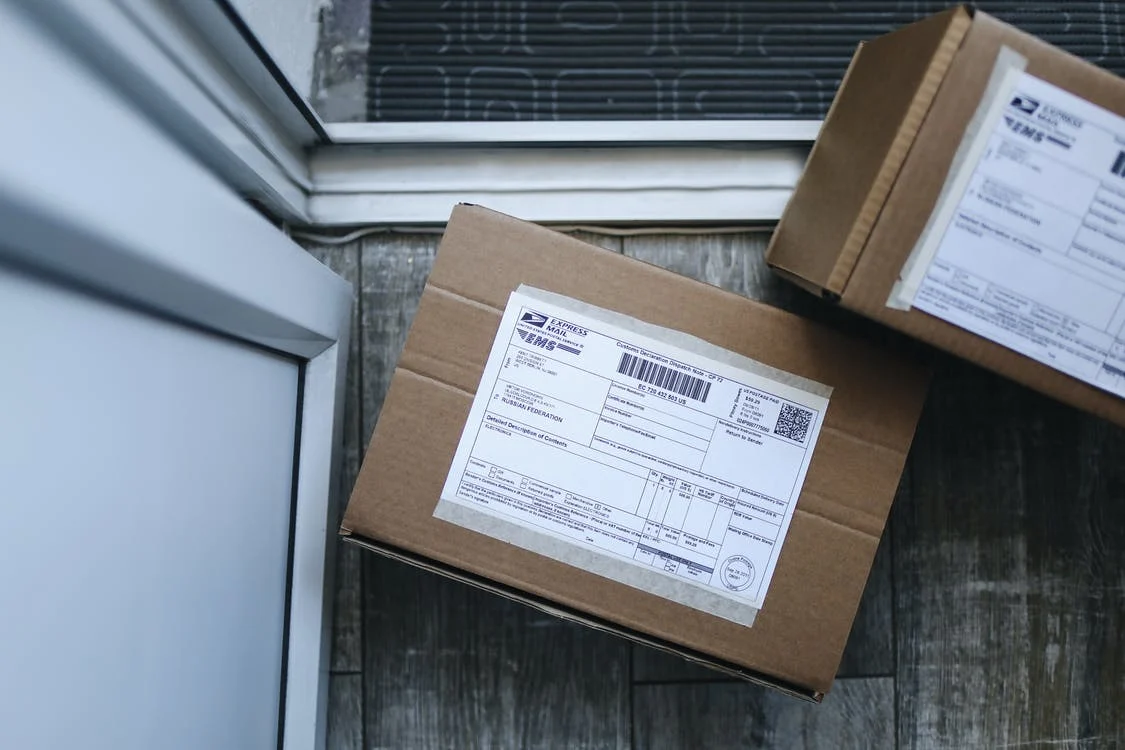5 Tips before Selecting Your Shipping Carrier
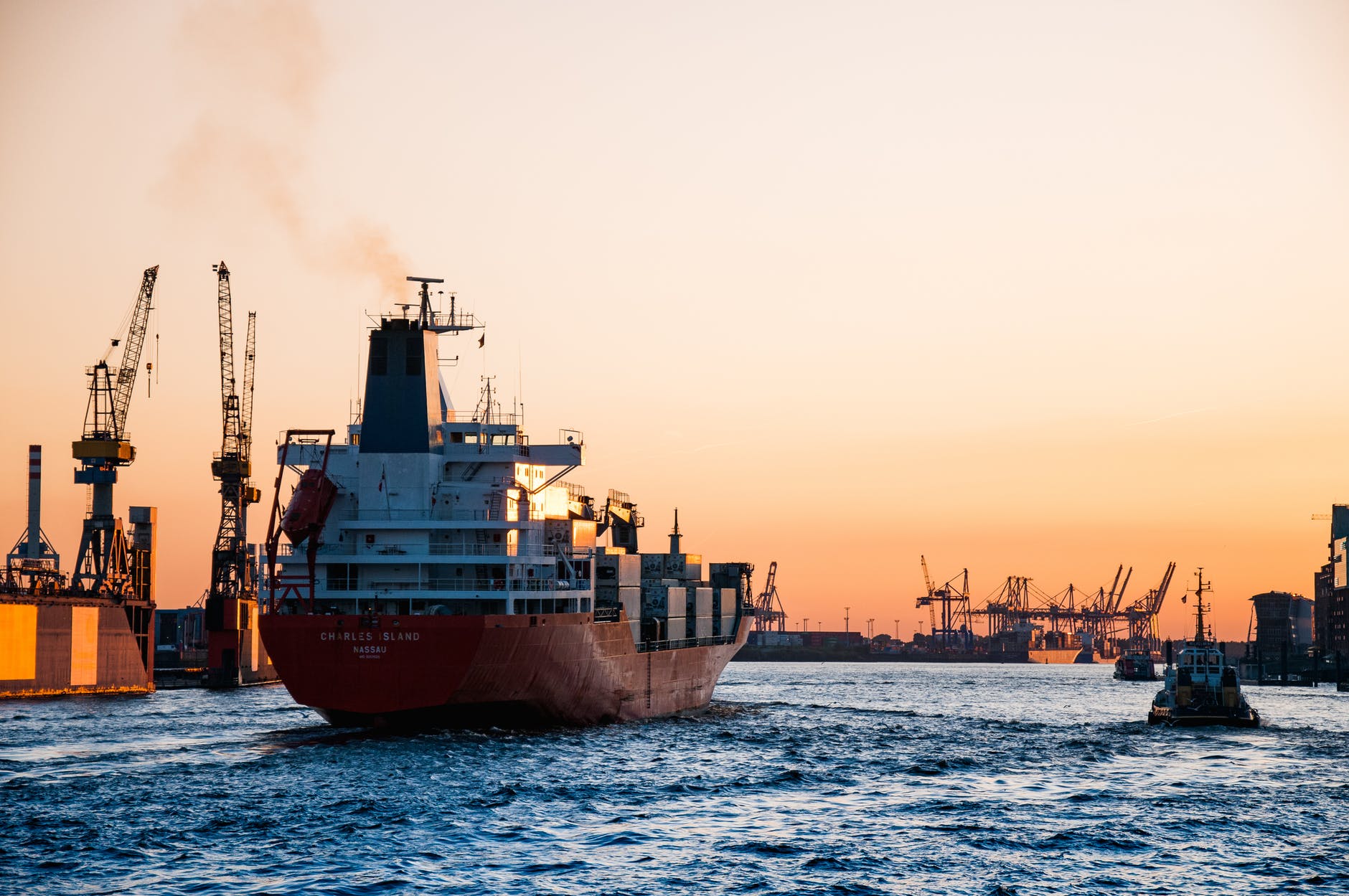
Managing a business where you have to deal with international clients is not an easy task, especially if you sell products that are in need of some logistical aid. Ensuring that your products will successfully arrive from point A to point B is crucial to maintain a stable supply chain, high customer satisfaction, which ultimately leads to more profit despite the ongoing pandemic.
Choosing a carrier is one of the most crucial factors when it comes to shipping your products. It can be a challenging decision to make since your daily operations will have to adjust to any situation that involves the shipping carrier.
For a start, you have to pay attention to your company’s purpose and capacity to avail the service of a shipping carrier. But of course, there are other things that you can do so that it will be easier for you to find the most appropriate shipping carrier for your business as fast as possible.
Here are five things you should remember before selecting your shipping carrier:
FACTORS TO CONSIDER:
The nature of your business
You have to grasp the specifics of which particular shipping services you need. Find potential carriers that offer the services you’re looking for and see if all of them can handle your shipping needs. If there is a necessity for your products to be transported via different carriers, it could cost you more money in the long run. Try to go for a carrier that offers multiple shipping services.
The experience of the Shipping Carrier
Take some time to research your potential shipping carriers. Find out more about how long they have been in business or whether they have adequate resources to sustain their operations, such as a fleet of trucks and trailers. Owning a warehouse that is stable and reliable is another plus point.
Pricing
The outcome of most business transactions, especially when negotiating with shipping carriers, often relies on the agreed price of both parties. Have a word with any potential carrier and ask if they can provide you competitive rates that are on par with the quality of their service/s.
Discussing the Safety of their Services
Safety must also be a primary topic that you can bring up with any of your carrier prospects. It is essential not to overlook the low price only to discover that your chosen carrier has a high accident rate and rule-breaking records. It would be a wise decision to deal with a carrier that gives you a slightly higher price in exchange for the assurance that they can ensure the timely and safe arrival of your goods. If such a carrier has an excellent safety rating among its former clients, then you are good to go.
The Benefits of Partnering with a Freight Forwarder
Freight forwarders in the Philippines can be an individual or an agency that can handle some of the most time-consuming logistics tasks for your business. One of these tasks is negotiating with the right shipping carrier that can benefit your business. They can also take care of all types of documentation, clear other shipping related requirements, and track your goods as they arrive at their destination.
Excelsior Worldwide Freight Logistics conducts free orientation for those who are willing to learn. It is our advocacy to share our knowledge & experience worth more than a decade in the business. Visit our website today at www.excelsior.ph to learn more about our service.
Sources:
https://blog.bisontransport.com/8-tips-for-choosing-the-right-carrier
https://www.energytribune.com/the-advantages-of-hiring-a-freight-forwarder/

